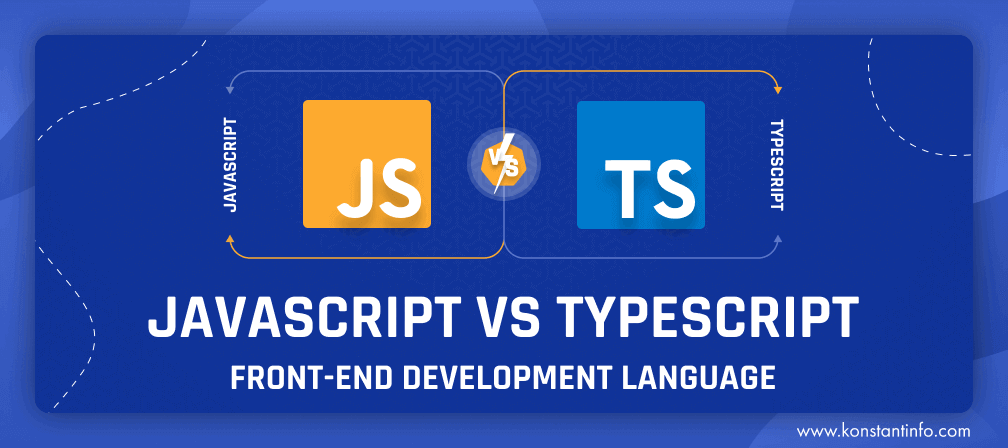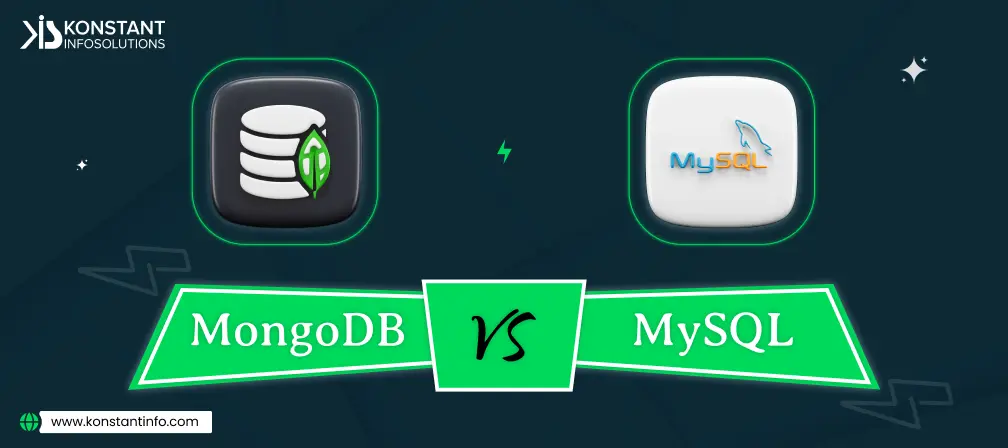
To understand it in a better way, let’s start with classifying what are these scripting languages about and are these replaceable or are their codes inter-changeable? Both TypeScript and JavaScript share a near-similar syntax. The point that we can note straightaway is that TypeScript is recommended for large projects while JavaScript simply supports any project (majorly involved in UI development).
JavaScript was initially launched considering the need to have client-side scripting. But then people started using it as a server-side programming language as well. But it wasn’t able to fulfil the requirement of coding at enterprise-level projects which gave rise to TypeScript. JavaScript can handle small-medium size applications only.
TypeScript is an open-source, object-oriented programming language. It is not capable of directly running on the browser. The TypeScript code is required to be converted in a JavaScript file first before execution on the browser. The source file having a “.ts” extension can be run on any devices.
Any file written in a text editor with “.ts” extension becomes a TypeScript file which has to be converted into a JavaScript file and included in the HTML and run on any browser.
JavaScript is an all-time favourite programming language for front-end development. It is favoured due to an easy learning curve, easily understandable syntax, huge community support, cross-platform adaptability and a wide number of JavaScript Frameworks that help reduce the lines of code, fastens the development process, increases the efficiency and helps to adopt the basics of the application process without any changes. E.g: Angular, React, Vue.JS, Ember.JS, Meteor, Mithril, Node.js, Polymer, Aurelia and Backbone.js.
Developers can either embed the JavaScript code into the HTML code or create a separate JavaScript file that can be called from within a scripting element (enclosed by script tags)
| Comparison | JavaScript | TypeScript |
|---|---|---|
| Type | It is a high-level, open-source interpreted programming language. | It is a powerful open-source, object-oriented compile language, that is originated from javascript. |
| Creators | Brendan Eich at Netscape Communications Corpora, Mozilla Foundation, ECMA International | Anders Hejlsberg at Microsoft |
| Consistency | It is heavier and complex in comparison to TypeScript | It is a lightweight interpreted coding language |
| Server-Side/ Client-Side Scripting | Both client as well as server-side | Employed only at client-side browser |
| File Extension | .js | .ts, .tsx |
| Syntax | Script tag encloses all sentences. A request is sent to the browser to execute the text that comes in between these tags like a script. <script>//javascript code</script> | Typescript programs comprise Functions, Modules, Expressions, Statements, Variables and Comments. |
| Annotations | These are not required for coding in JavaScript | These are must-have in TypeScript |
| Time for Coding | It’s faster | It’s slower |
| Interface | Not available | Available |
| Compilation | Not required | Required |
| Programming Paradigm | It is a scripting language | It is an object-oriented programming language |
| Type System | Suitable for smaller projects. | Suitable for larger projects |
| Support for Modules | JS does not support any modules | Has support for modules |
| Interface | JavaScript does not have an Interface | TypeScript has Interface |
| Parameter | Does not support any parameter function | Supports optional parameter function |
| Types and Interfaces | JS does not support these | To describe data usage |
| Prototyping | JavaScript doesn’t support this feature | Typescript supports this |
Both scripting languages come along with their features and limitations. While JavaScript is a lightweight, dynamic scripting language to improve the overall efficiency of HTML web pages, adding a dash of dynamism to static web pages. But the developers cannot rely upon it to accomplish the overall development. JS goes well for the designing part and comes inside a web browser’s context.
TypeScript on the other hand is to be compiled to JavaScript and then can be employed for any JS code. This makes it more popular. It is improving with every new release. It provides optional static typing, classes and interfaces. So it is suitable to adopt TypeScript for a large JavaScript project thus bringing in some robust software and easily deployable application. So, TypeScript has the potential of becoming the choice of developers here.
If you believe in energy exchanges, do let us know your idea and let us suggest potential solutions with cost-effectiveness, a higher level of efficiency and shorter time to market. Fill the form and let our experts sway you across!



Neeti Kotia is a technology journalist who seeks to analyze the advancements and developments in technology that affect our everyday lives. Her articles primarily focus upon the business, social, cultural, and entertainment side of the technology sector.
Or send us an email at: [email protected]